Q: I want to learn more about addiction. Where can I go?
A: The National Institute of Drug Abuse has extensive resources about the science of addiction.
The U.S. Substance Abuse and Mental Health Services Administration is a good tool for learning about different treatment options and what they entail.
The Alliance for Addiction and Mental Health Services has information and resources that are more specific to Maine.
Q: If I’m in a crisis related to drug addiction, what can I do?
A: The state of Maine operates a crisis hotline called 211 that is available 24 hours a day to help people find resources. The website for that service is: 211Maine.org. Call 911 if you see someone overdose, but be aware that Maine is not one of the more than 30 states with “Good Samaritan” laws that ensure no one will be charged with a drug-related crime when police respond to an overdose.
Q: Where can I get help?
A: Depending on where you live and your level of resources, you can seek out a detox facility or an in-patient residential treatment facility, or enroll in a medication-assisted treatment program. The 211 service has a comprehensive list of options.
Q: What is medication-assisted treatment?
A: It uses medication, often in combination with counseling or other behavioral therapies, to reduce cravings and prevent relapses. Medication-assisted treatment is increasingly viewed as the most effective method of treating opioid addiction.
Some patients might be suited for methadone, a synthetic opioid that is distributed in clinics. Maine has 10 methadone clinics, but they are scattered so many people in rural areas have difficulty accessing them.
For others, buprenorphine, better known as Suboxone, is more appropriate. It can be prescribed to patients and taken at home. SAMHSA keeps a list of Suboxone providers by state.
Another medication, Vivitrol, is available, but not widely. Vivitrol is a monthly injection that prevents the body from feeling the effects of opioids.
Q: What is detox?
A: For someone who wants to stop their heavy opioid use, detox is often the first step. At the moment, Maine has just one true detox facility – Milestone in Portland – although another is in the works for Bangor.
During detox, the body metabolizes the drugs that are in the system over a period of several days, often with the help of Suboxone. After detoxification, a person can then either enter an in-patient treatment facility or find counseling.
Q: What are the options for residential treatment?
A: People who have struggled to get sober or who may not have strong personal support systems can benefit from a stay in a residential treatment facility. In Maine, there are about 200 beds eligible for MaineCare, and there are dozens more beds at private facilities, all of which are costly. SAMHSA keeps a list of all treatment facilities by state. Maine starts on Page 461 and goes to Page 476.
Many addicts in recovery avoid medication and stay clean in sober houses, which are usually staffed with counselors, and with the help of the 12-step program popularized by Alcoholics Anonymous. There are hundreds of regular meetings held all over the state.
Q: What are my options if I have no insurance?
A: This is the biggest barrier to effective treatment for many with opioid addiction, particularly since Maine tightened eligibility requirements for MaineCare. Treatment facilities may have scholarships or grants that they don’t advertise. Also, community collaboratives such as the Greater Portland Addiction Collaborative try to connect people with resources.
Q: What are some signs that someone might be abusing or addicted to drugs?
A: In early addiction, many people can function normally and hide any evidence. As things worsen, though, problems often appear. Money will often be a constant source of attention. An addicted person may start selling things, steal or commit other crimes to get money to buy drugs. They may start lying more frequently. They often lose weight.
Injection drug users often show signs, such as track marks on their arms. If they always wear long sleeves, that could be a sign.
Q: What should I do if I suspect that a friend is using heroin?
A: Not everyone is ready to acknowledge they need help. You can talk to them about it, but they may push you away. You also can talk to loved ones and organize an intervention. If someone is not ready to stop using, you can try to ensure they are using safely.
Q: Are there ways to ensure that I or my loved one is using safely?
A: Maine has needle exchange programs in the following cities: Portland, Lewiston, Bangor, Ellsworth, Augusta and Machias. Users can drop off used needles and exchange them for new ones at no cost.
Mainers also have access to Narcan, also called naloxone, a drug that reverses the effects of an opioid overdose. A law that passed last year made the drug available to anyone without a prescription, but rules have not been finalized by the Maine Board of Pharmacy. Until that happens, Narcan is available only through prescription from a primary care physician or through some treatment organizations and hospitals.
One other safety precaution: Users should never do opioids alone.
Q: I’m about to have surgery and I’m concerned about prescription painkillers. What questions should I ask my doctor?
A: Opioid-based painkillers are still widely prescribed, but there are many more safeguards in place now to ensure people do not become addicted. Also, many medical practitioners are moving away from opioids and encouraging patients to manage pain in other ways. Sometimes it’s a holistic option such as acupuncture. Another option is prescribing medical marijuana, which is non-habit-forming and carries no overdose risk.
Q: I’ve been on prescription painkillers for chronic pain. How can I ensure that I won’t get addicted?
A: Extended use of opioid-based painkillers can lead to a dependence. Talk to your doctor about tapering down your dosage, rather than stopping abruptly.
Send questions/comments to the editors.


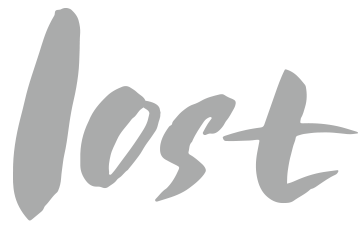
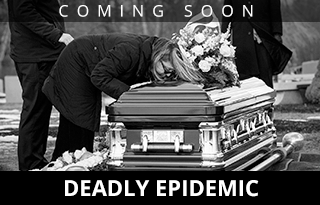
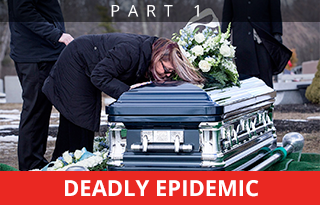
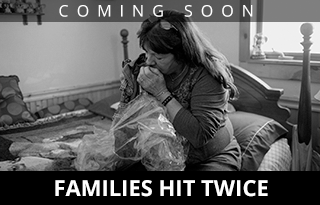
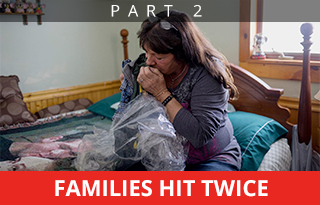
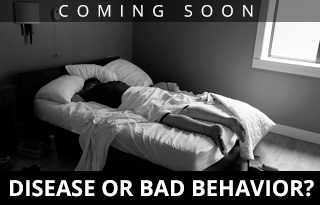
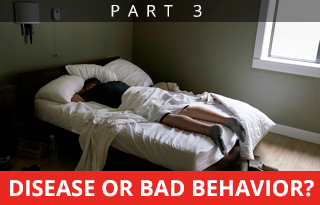


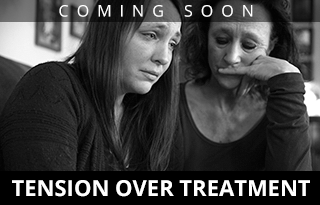
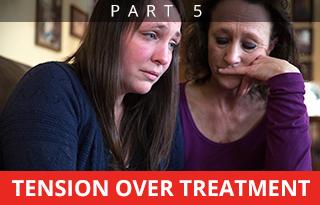
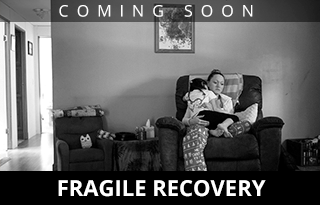
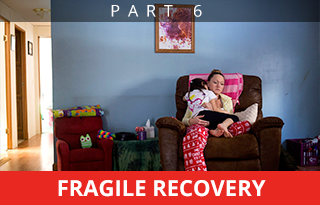
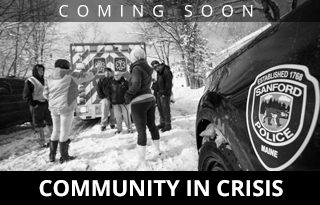
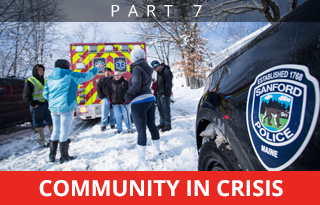

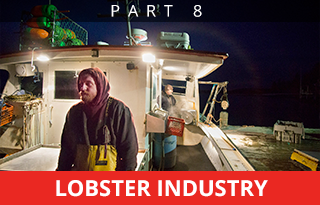

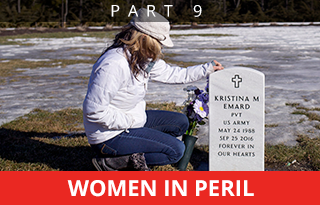
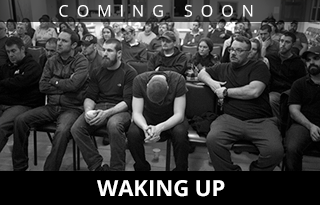
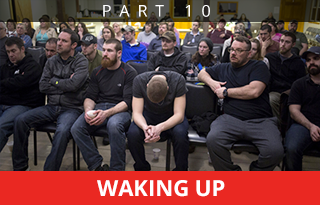
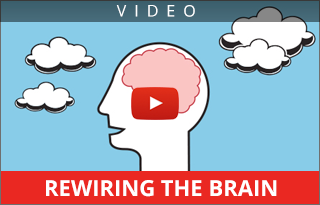
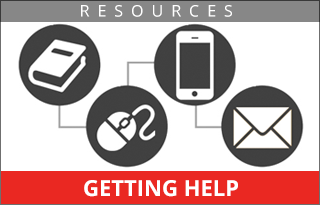
Comments are no longer available on this story